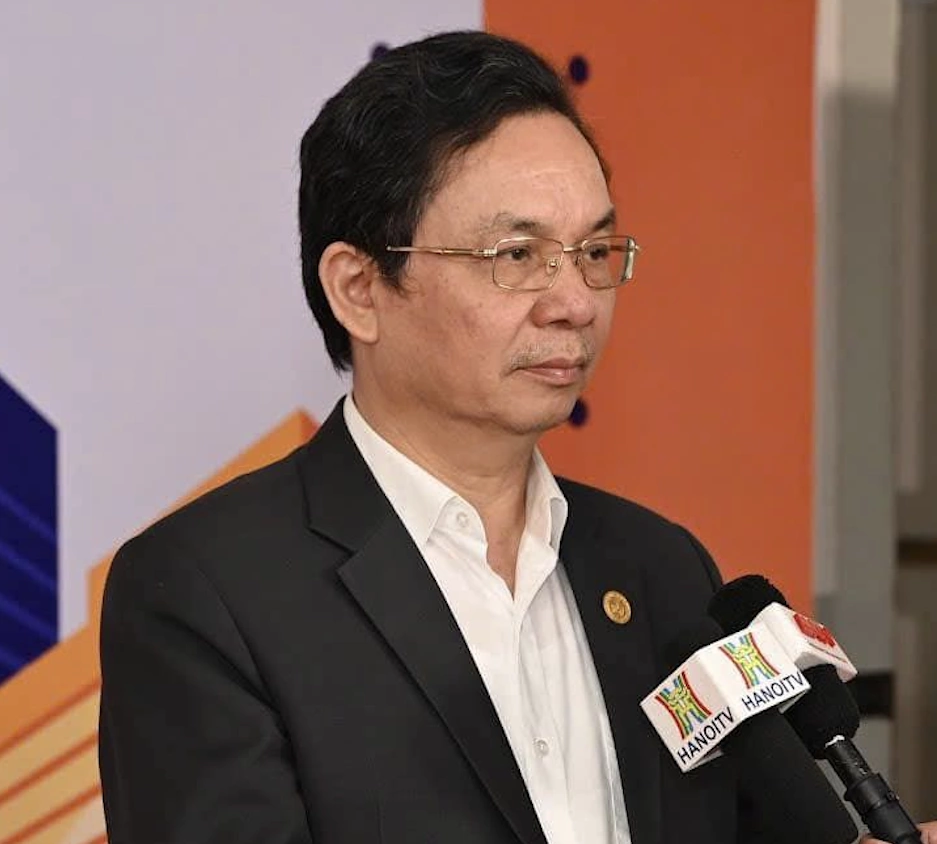The Poet Residence - A Luxury Apartment Project Adjacent to "The Most Alluring Beach in the World"
See more
Speaking at the forum titled "Special Mechanisms and Funding for the Real Estate Market," organized by Hanoi Radio on April 9, Dr. Nguyễn Văn Đính, Chairman of the Vietnam Real Estate Brokerage Association, stated that the government has introduced several special mechanisms, such as Resolutions 170 and 171, aimed at alleviating difficulties for real estate projects. These mechanisms have provided significant motivation for investors, stimulated economic growth, and addressed legal bottlenecks related to land.
However, he noted that the mechanisms are still "unevenly relieving" the situation, having only "partially opened up," and many major issues remain unresolved, including legal, capital flow, and supply concerns. Among these, legal issues represent the most significant barrier, resulting in 1,136 projects nationwide being "suspended," which has led to nearly $3.5 billion from these projects being immobilized and affecting various sectors such as materials, consumer goods, furniture, and electronics. The credit support package also lacks specific administrative measures that would facilitate the disbursement of these funds.
Another pressing issue is the skyrocketing housing prices that exceed the financial capacity of the majority, leading to a market dominated by high-end properties while affordable housing has virtually "disappeared," and the supply of social housing is minimal. "The severe supply-demand imbalance indicates that the market is developing unsustainably," Mr. Đính remarked.

Mr. Nguyen Van Dinh, Chairman of the Vietnam Real Estate Brokerage Association. Photo: BTC
Professor Tran Ngoc Tho, a lecturer at the University of Economics in Ho Chi Minh City, compared the current state of the Vietnamese real estate market to an elderly person suffering from three diseases: high blood pressure, elevated blood sugar, and high cholesterol.
Explaining further, he stated that here, "blood pressure" represents housing prices, "blood sugar" represents capital flow, and "cholesterol" symbolizes inventory. All three of these factors are currently at critical levels that are undesirable. Housing prices, when measured against the income of the populace, have exceeded acceptable limits by several times, and if not addressed, liquidity will be lost; capital flow is overly reliant on the banking system, and if this channel is tightened, the market risks facing a capital blockage. Lastly, the inventory of unsold properties and bad debts accumulating in the real estate sector are like plaque buildup in the banking system, silently leading to financial crises.
According to Mr. Nguyen Duc Lenh, Deputy Director of the Ho Chi Minh City branch of the State Bank of Vietnam, the real estate sector is excessively dependent on bank credit. Currently, the total outstanding loans for real estate in Ho Chi Minh City exceed 1 trillion VND, accounting for 27.5% of the total lending in the area. The growth rate of this sector is outpacing overall growth.
To cure the ailments of the market, Professor Hoang Van Cuong, a member of the Finance and Budget Committee of the National Assembly, suggested that additional special mechanisms are needed to address more macroeconomic issues. Investment procedures and resources allocated for the development of real estate projects must also be streamlined completely. 'The mechanisms must be breakthrough and daring enough to step outside the comfort zone,' Mr. Cuong added.

Professor Hoang Van Cuong, Member of the Finance and Budget Committee of the National Assembly. Photo: BTC
Experts argue that unlocking capital for the real estate market is essential. However, the quality of the capital flow needs to be prioritized for improvement. The funds injected into the market should be well-controlled and directed towards appropriate product segments, bringing real estate prices down to their actual value, in line with the financial capabilities of the majority of the population.
Mr. Vuong Duy Dung, Deputy Director of the Department of Housing and Real Estate Market Management at the Ministry of Construction, stated that the agency is currently researching suitable policy mechanisms to promote the development of social housing more effectively, addressing the actual needs of society rather than just focusing on low-income individuals.
The government is currently drafting and presenting new policy mechanisms to the National Assembly to boost the development of the real estate market. Notably, concerning capital sources, efforts are being expedited to establish a social housing development fund. Additionally, administrative procedures and investment processes are being streamlined to facilitate businesses, aiming for the target of 1 million social housing units as planned.
Phuong Uyen
 09/04/2025
09/04/2025